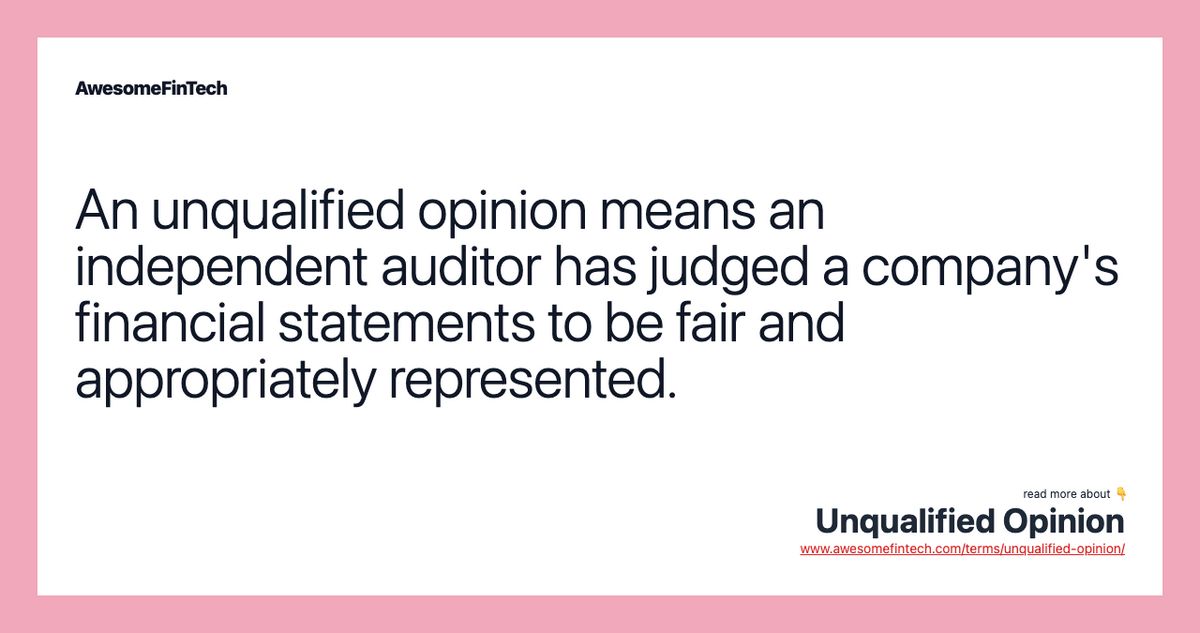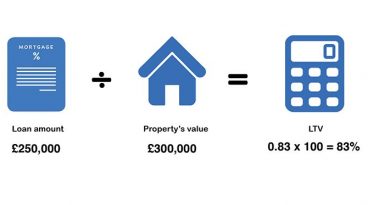Unqualified Opinion What the Term Means in an Auditor s Report

Contents
Unqualified Opinion: What the Term Means in an Auditor’s Report
What Is an Unqualified Opinion?
An unqualified opinion is an independent auditor’s judgment that a company’s financial statements are fairly and appropriately presented, without any identified exceptions, and in compliance with generally accepted accounting principles (GAAP).
Key Takeaways
- An unqualified opinion means an independent auditor has judged a company’s financial statements to be fair and appropriately represented.
- An unqualified opinion is the most common type issued by auditors.
Understanding Unqualified Opinions
An unqualified opinion is essentially a clean report. It indicates the auditor is satisfied with the company’s financial reporting during an audit. It is the type of opinion most companies expect to receive from an independent auditor and reassures investors in the company that the financial information they have been given is presented in an accurate and fair manner.
An unqualified opinion is the most common type given in an auditor’s report. Like any auditor’s opinion, it does not judge the actual financial position of the company or interpret financial data. It simply indicates that the independent auditor has seen enough information to conclude that the company’s financial statements conform to GAAP and fairly present the company’s financial position for the stated time frame. It is issued when the auditor believes that all changes, accounting policies, and their application and effects, have accurately been disclosed.
Unqualified Opinion vs. Other Opinions
An auditor can give four basic types of opinion:
- Unqualified opinion
- Qualified opinion
- Adverse opinion
- Disclaimer of opinion.
With a qualified opinion, the auditor has determined there is a material issue regarding accounting policies—but one that does not misrepresent the factual financial position. Auditors typically qualify reports with statements like "except for the following adjustments," when they have insufficient information to verify certain aspects of the transactions and reports being audited.
Qualified opinions may also be issued if the financial statements deviate from GAAP or have inadequate disclosure. The auditor might report an adverse opinion if they believe the financial statements do not accurately represent the company’s financial position. They might also issue a disclaimer of opinion if they cannot issue an opinion on the financial statements because something has prevented them from gathering enough information.



